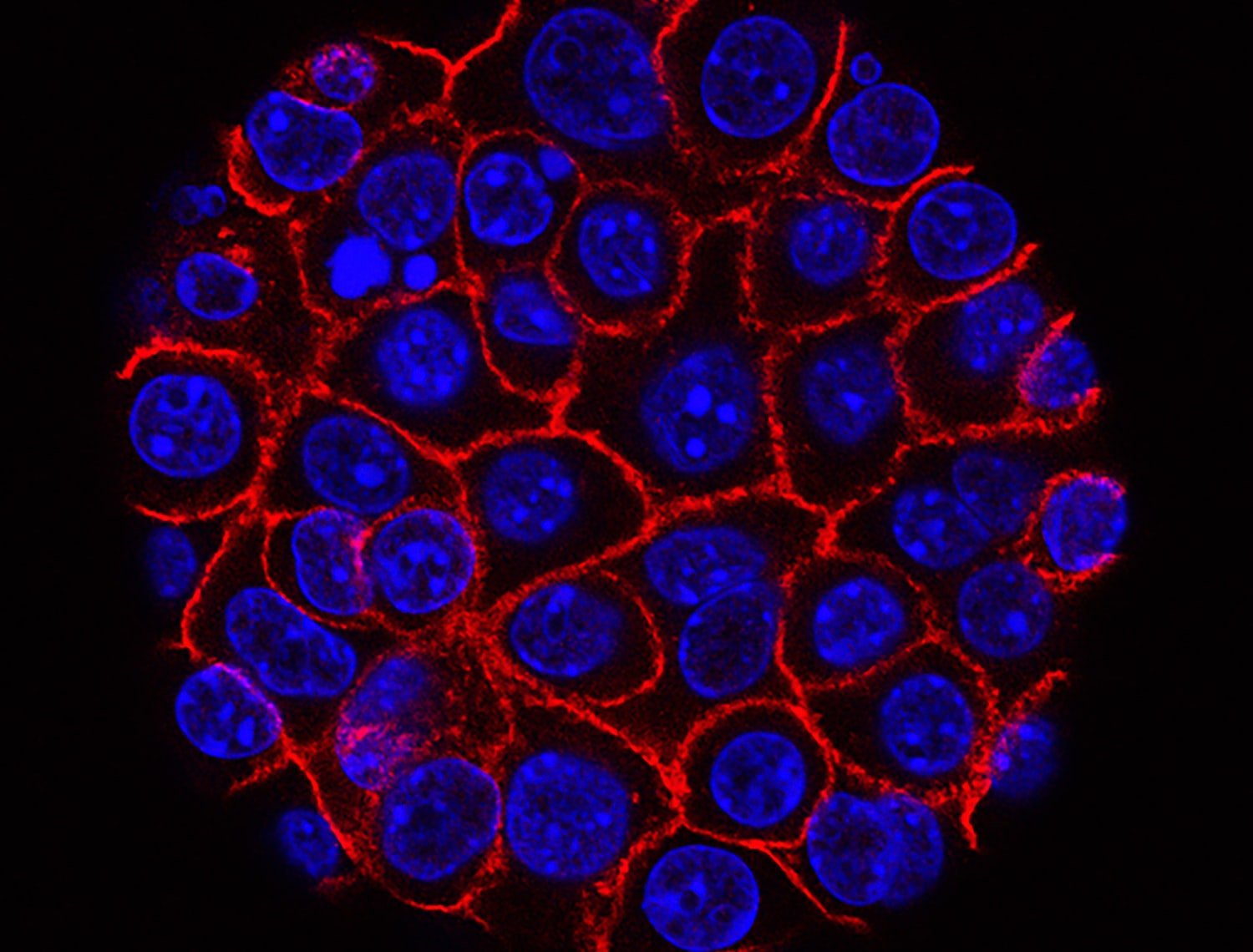Cell theory

Biology is the science of living beings. The term Biology comes from two Greek words (bios means life and logos means knowledge).
Aristotle is regarded as the father of Biology.
Aristotle (384-322 B.C): The great Greek scientist, Aristotle is regarded as the father of Zoology. He first established Zoology as a branch of Science. Aristotle was simultaneously a scientist, poet, thinker and philosopher. It is he who first mentioned about the basic similarities in the structure of plants and animals. He wrote a book on animals and named it "Historia animalium" which is full of information and knowledge.
Theophrastus (370-285 B.C.): Little amount of works of the Greek philosopher. Theophrastus was the pupil of great philosopher Aristotle. He divided the plant community into four groups. For example: Trees shrubs, Under Shrubs and Herbs. He is regarded as the Father of Botany.
Anthony Von Leeuwenhoek (1632-1723): Dutch scientist leeuwenhoek first built the microscope. But his microscope was not like that of today. Descriptions of bacteria, nerve cell, Hydra, Volvox, etc. were written by him on observations through his microscope. They have been found to be precisely correct. Tiny living organisms can be observed.
Carolus Linnaeus (1707-1778): Swedish scientist Linnaeus introduced the system of Binomial Nomenclature for plants and animals. A physician by profession, he was the professor of physiology in Uppsala University, Sweden. Collecting numerous plants and animals he classified them and made their nomenclature. His "Systema Naturae" composed on classification of living beings is a famous research work. Besides this his other two famous Botanical books titled "Species Plantarum" and "Genera Plantarum" are based on research work. He is considered to be the father of modern Taxonomy.
Charles Robert Darwin (1809-1882): English naturalist Darwin introduced the Theory of Natural Selection. He expressed his findings and ideas in his famous research publication, "Origin of Species by Means of Natural Selection" in 1859.
Gregor Johann Mendel (1822-1884): Austrian Priest Mendel performed research work with pea plants in his church garden for a long time. Based on this research he established two laws concerning genetics, which are followed till today. He is regarded as the father of Genetics.
CELL THEORY
• In 1665 by Robert Hooke
•cell describe these chamber-like structure
• In 1676, Anton Van Leeuwenhoek published his observations on tiny living organisms. He's also the first whi observe it under a microscope the structure of rbc of diff animals and sperm cell.
•In 1831, Robert Brown is one of the leading botanist of different kind of plant specimen under microscope.
• Matthias Schleiden (1838) concluded that all plants are made up of cell.
• Theodor Schwann (1839) all animal tissues are composed of cell.
• Rudolph Virchow, a German physician, discovered that cells came form pre-existing cells after he worked on how diseases affect living organism.
1. All living organisms are composed of one or more cells.
2. The cell is the basic unit of life in all living things.
3. All cells come from pre-existing cells.